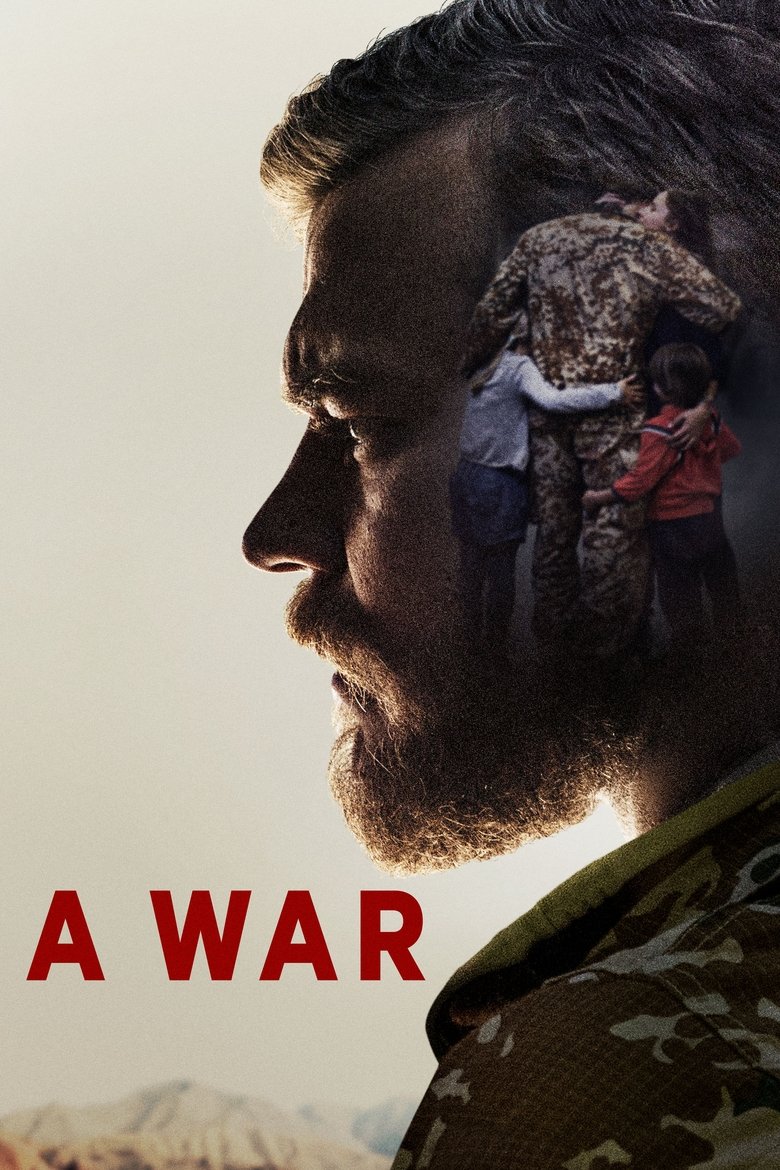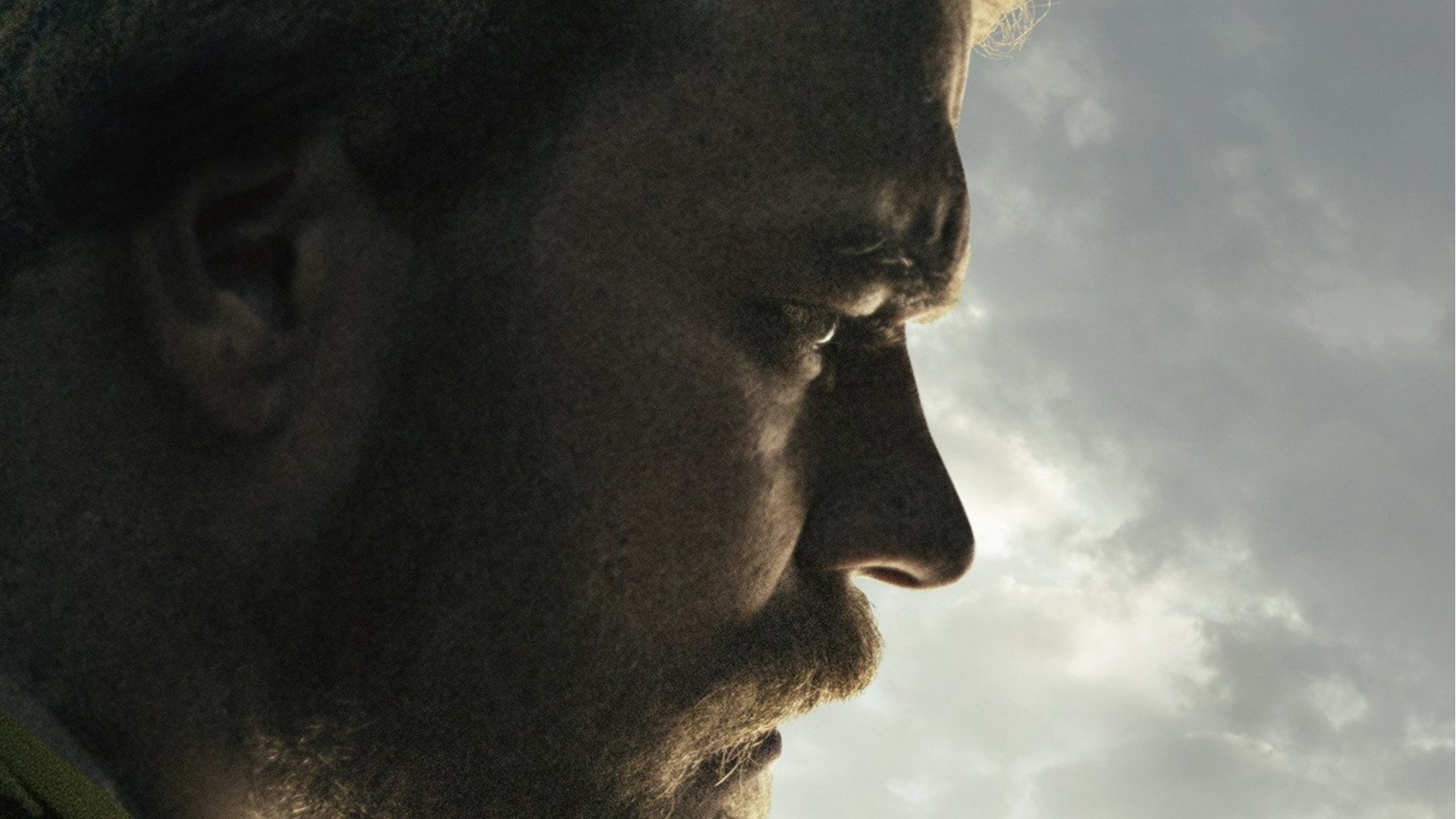
A War
Company commander Claus Michael Pedersen and his men are stationed in Helmand, Afghanistan. Meanwhile back in Denmark, with a husband at war and three children missing their father, everyday life is a struggle for Claus' wife Maria. During a routine mission, the soldiers are caught in heavy Taliban crossfire. In order to save his men, Claus makes a decision that ultimately sees him return to Denmark accused of a war crime.

Reno@Rangan
> A single aspect account, the other side remains mystery.
The movie that representing Denmark at the 88th American Academy Awards. To be honest, it was not as overwhelming as I anticipated or heard of it, especially after witnessing an outstanding sea piracy drama 'A Hijacking' from the same director. But for the todays scenario, any war movie with a fine production quality and a decent storyline is a hot topic. For instance, how a small movie like 'Kajaki' made a big impact among the movie fans.
The main cast and crew combo returned from the previous film. It was a simple story told in three phases. The first two are narrated parallely between a husband fighting a war in Afghanistan and his wife taking care of their children back at home. The third part was the crucial one, the meeting point of the previous two, that mean all the earlier development leads to this final and probably the best setup for the tale to conclude.
It was a realistic portrayal, and obviously coped with a slow pace rendering. But the timeline, especially skipping almost 6 months between the two halves of the movie ruined the rhythm of the steady narration. Actually, that is the story and it has to be done that way without other option. Regarding the story, it is difficult for the viewers come to any conclusion about what they see. Definitely it was not a complicated storytelling, but the entire film was a single perspective narration and you can't know what happened on the other side.
> "You can't imagine, what it means to be out there."
You might think I said lots of negative about the movie, but the fact is I liked it and still I felt it should have been a lot better than that. You are not me, so you might like it better than me. The movie topic was very serious, that talks about a war crime and the rest is a courtroom drama. The first half was clueless about what the movie is about, so you can't make any prediction. More like a composition of the unimportant events until the army unit's first encounter with their enemy.
What comes after was really a good stuff, increases our expectation on how it's going to end and again that part was very ordinary. It's okay to be simple because this screenplay was not aimed for commercial or the entertainment gain than being natural to the real world. The moral of the story is the highlight, but people who watched this film forget that and bring up points why they did not like it as I brought a couple in the early.
All scenes were well shot and the actors performed so good. I also heard that the soldiers were real army men who fought in the real battleground where this movie sets in. So the director had the experienced men around to guide to make a flawless war-drama and in the end it all payed off well after entering the final stage of the Oscars race. That's what any filmmaker in the world would have wanted, an international recognition for his hard work.
7/10

CinemaSerf@Geronimo1967
Auteur Tobias Lindholm offers us quite a though-provoking look at just how soldiers had to tread on eggshells as they carried out their peacekeeping duties in Afghanistan. Pilou Asbæk is squadron commander "Pedersen" who tries to carry out their anti-Taliban strategy whilst keeping as friendly a relationship as possible going with the locals. A family with an injured daughter come to their camp seeking help but he insists they must return home assuring them that they will visit them tomorrow. Duly following up on his pledge, he finds the family have been murdered and his men are now pinned down by enemy fire and forced to summon some heavy duty airborne assistance to save the life of one of their number - "Lasse" (Dulfi Al-Jabouri) who has been seriously wounded. Safely back at base it transpires that the deaths of the civilians has attracted the attention of the Judge Advocate's department and he is to be investigated. He is flown back to Denmark where he must face a trial that could see him facing up to fifteen years in jail. The court case that follows is, in itself, quite a weak one but what it does showcase well is the element of second guessing that goes on by people safely at home who make pontifical judgments on those whose lives are on the line day by day, and who have to make snap decisions to stay alive. It's a little prone to the use of acronyms - what, crucially, is a PID? - but by a combination of other testimony and the scenes with his family who are clearly concerned, it does rather beg a question of not just them but of us to. What are they there for? What has any of this got to do with Denmark, or her soldiers? That tangibility of knowing what is being fought for is questioned quite effectively. Heat of the moment or comfort of the office - it's up to us to decide.
